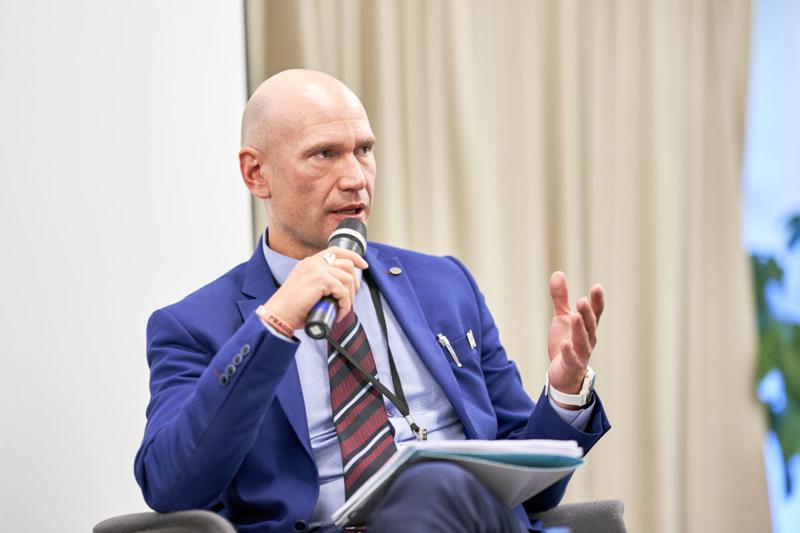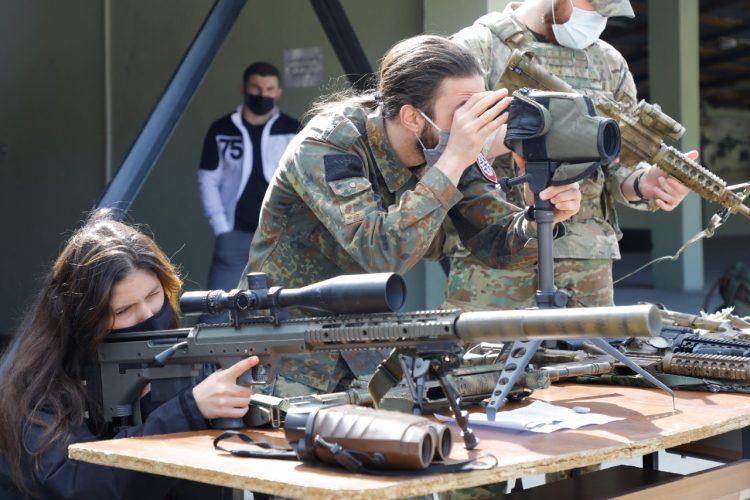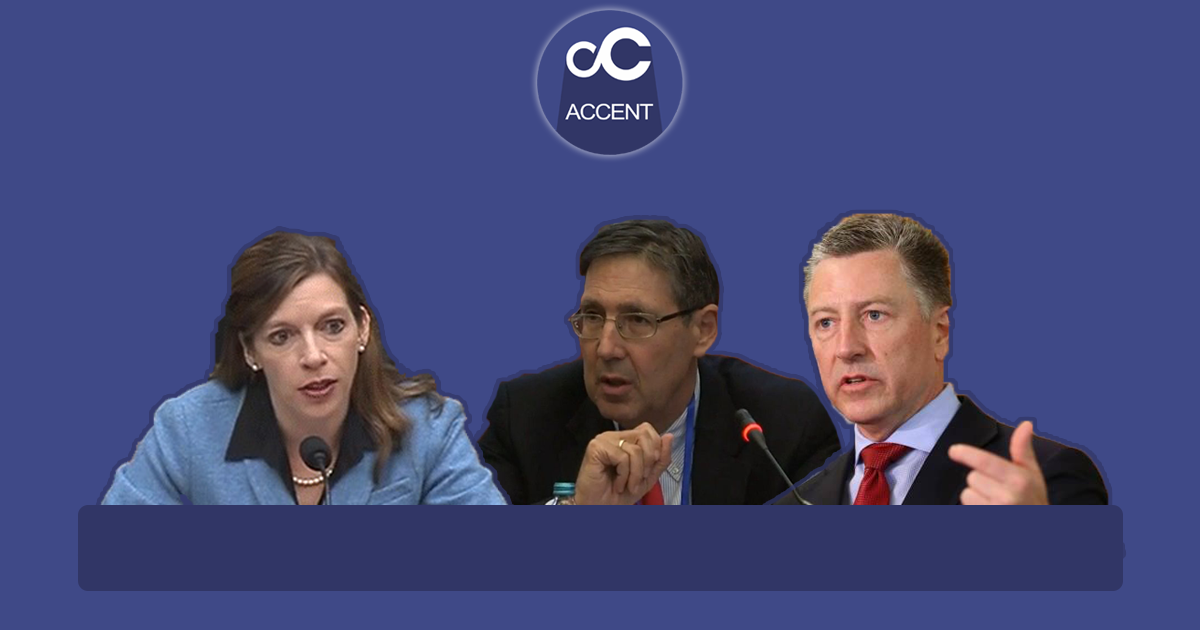
Olevs Nikers – Russia’s military engagement in Karabakh conflict may compromise national security of Georgia
08/10/2020 12:09:14 Caucasus
The heavy fighting between Azerbaijan and Armenia over Nagorno-Karabakh keeps escalating. The historic dispute flared up again recently. Both sides contest who is responsible this time around. Both sides have lost civilians and soldiers in the fighting.
Last year both countries agreed to take “concrete measures to prepare the populations for peace.” Yet in the last fortnight – we’re now reporting on the longest period violence in the region for 30 years. And this time, the conflict has now actively drawn in other countries, increasing the danger of a regional conflict.
Risk of involvement of regional actors
President of the Baltic Security Foundation, Olevs Nikers considers it unlikely that Turkey will take part in a military operation on Armenian territory.
“First of all for both – Russia and Turkey eventually this is becoming as another regional power play scene. Russia in this situation is put on more difficult circumstances: while it has certain security Arrangement with Armenia, it also wants to remain in good relations with Azerbaijan, due to the certain economic interests being at stake. While Russia’s military alliance with Armenia bears certain security guaranties to Armenia, neither parties of this arrangement has seriously considered to utilize it so far. Here it is important to note, that these security guaranties may come into force only when imminent territorial integrity of Armenia is compromised by the third party, which is not the case in the current situation. If Turkey would engage in a massive operations against Armenia on its territory, then question of Russians response in support of its military Ally would come into play, though not the most likely scenario, in my opinion. Still if this or similar situation would happen, it’s not a guaranty that Russia would decisively step in with a conventional military means,” – Nikers told the Accent.
How should Georgia defend its neutral position?!
The National Security Council (NSC) of Georgia convened on October 3 in connection to the renewed Armenia-Azerbaijani clashes over Nagorno-Karabakh, stated that “since the inception of escalation, [Tbilisi] temporarily suspended the issuance of permits for transiting military cargo through its territory in the direction of both countries, be it by air or land.”
According to Nikers, Georgia should stay firm in relation to Russia, not to allow transit of military cargo to Armenia and Azerbaijan.
“Of course, Georgia is interested in peaceful end of this conflict as soon as possible, and spread of the fire across the region would be the worst case scenario for all the neighboring countries, including Georgia,” he said.
Impact of the escalation of the conflict on the region and the national security of Georgia
As Nikers stated, Russia’s military engagement in the Karabakh conflict may compromise national security of Georgia:
“Given the strategic location of Georgia in case of military engagement of Russia may compromise national security of Georgia. In my opinion, Georgia should stay firm in relation to Russia, not to allow transit of military cargo to Armenia and Azerbaijan, which also underlines the position of neutrality for Georgia and the most importantly - add to the deterrence policy against Russia’s military engagement into the conflict.”
Georgia’s offer and International Involvement
Georgia offers Azerbaijan and Armenia to hold a meeting in Tbilisi.
Nikers said that Tbilisi will fulfill the role of a neutral host very well.
“First of all Georgia’s offer to facilitate a summit in Tbilisi provides a very good alternative to the other formats of negotiations, that has been proofed ineffective. Most likely OSCE format for the purpose of ceasefire and peace may come not the desired outcome as it was many times before. And this time the situation is even more complex and hostile, as the both parties involved in the conflict, are strongly determined to succeed at every possible cost. Solution should be found rounding the closest regional partners and stakeholders, and grounded into neutrality of the primary host of such a negotiation, which Georgia would fulfill very well. The same time there must be found common grounds for setting peace over the region, which would allow to end this “frozen conflict” that lasted for many decades. So primarily, both hostile parties should be seated around the table as soon as possible, but regional powers must accommodate their wish for neutrality of the other parties engaged,” Nikers added.
Marika Chubinidze









